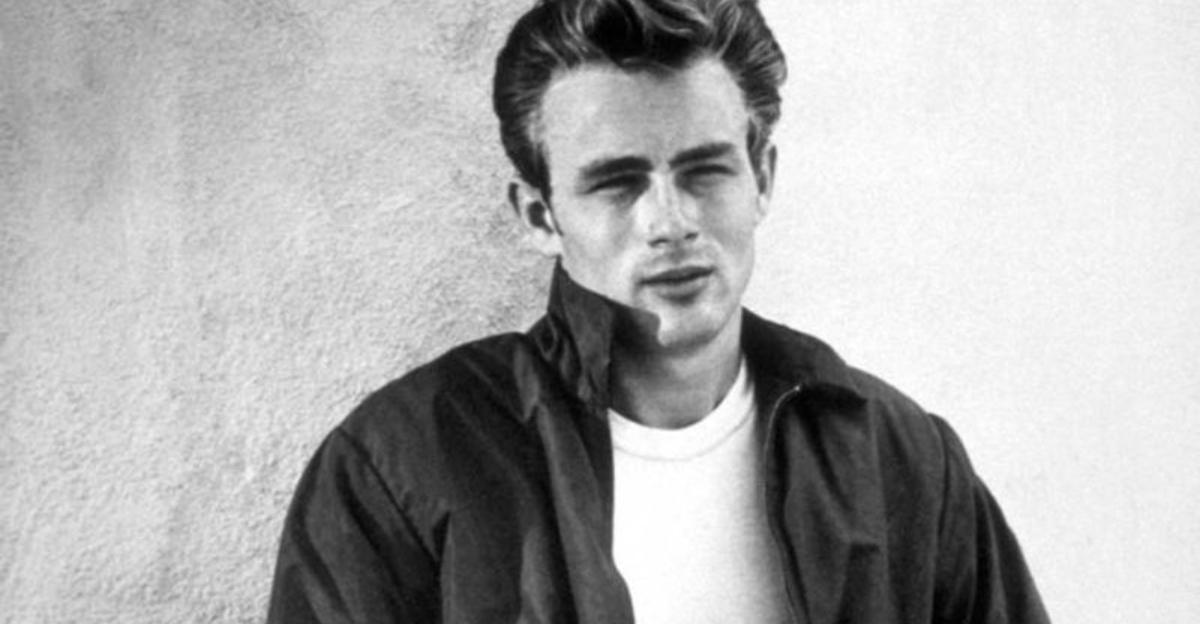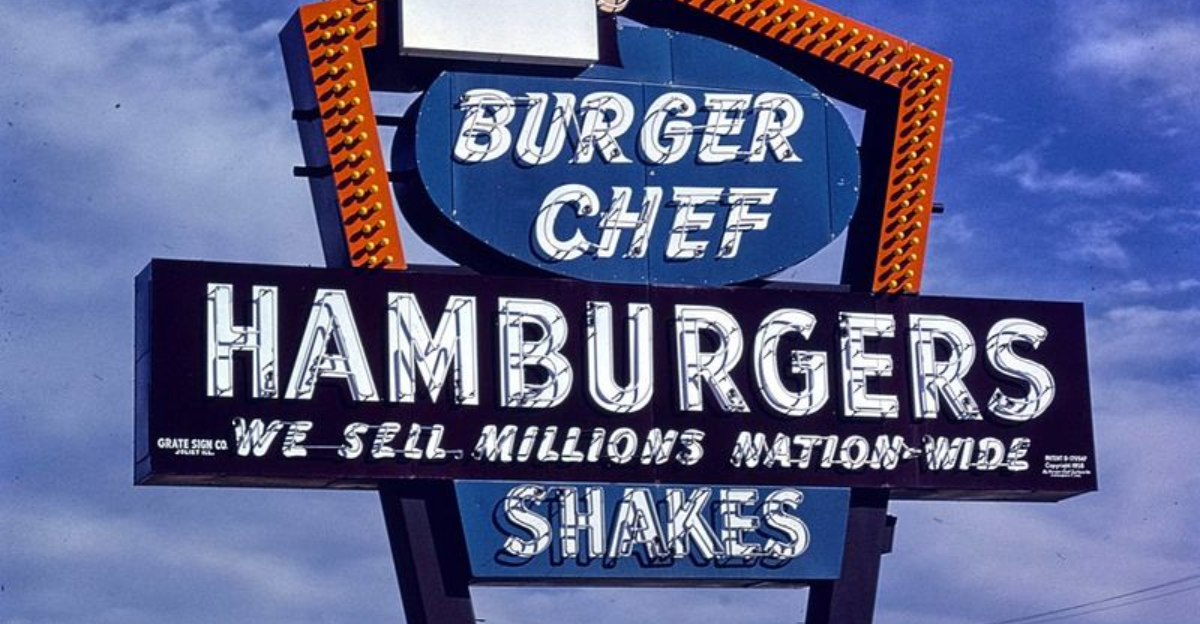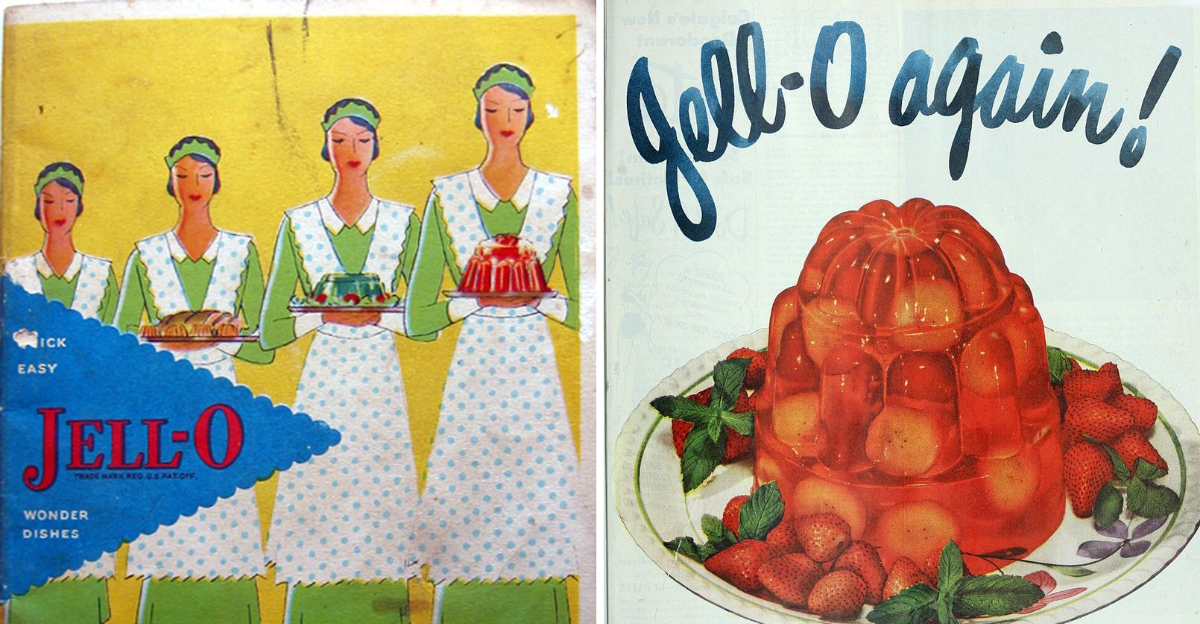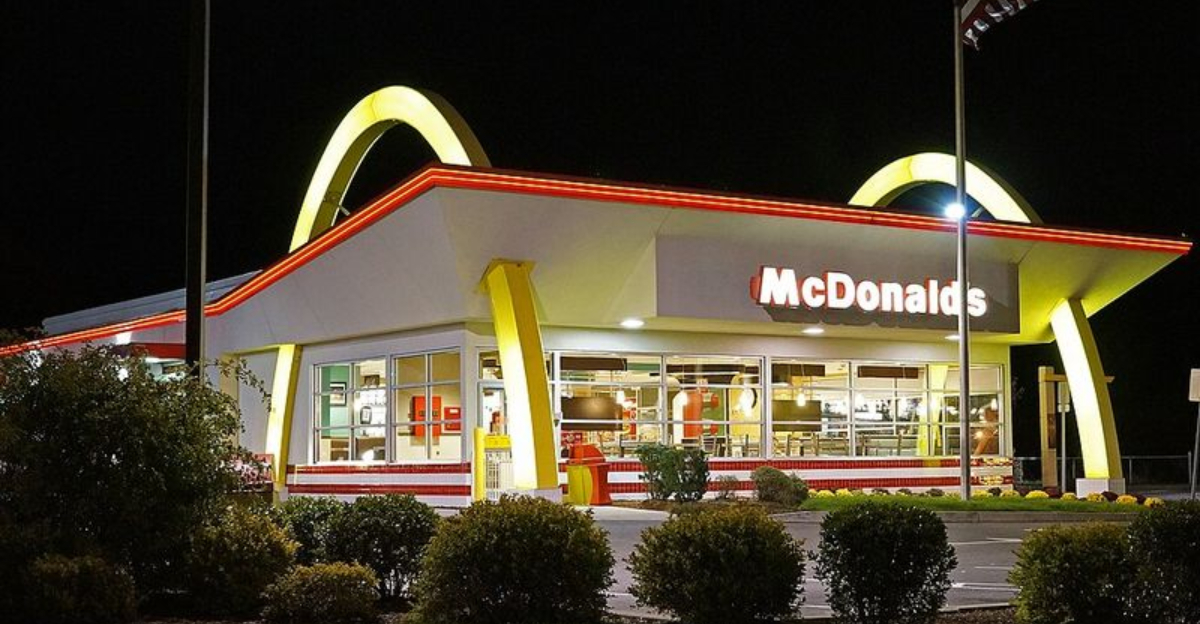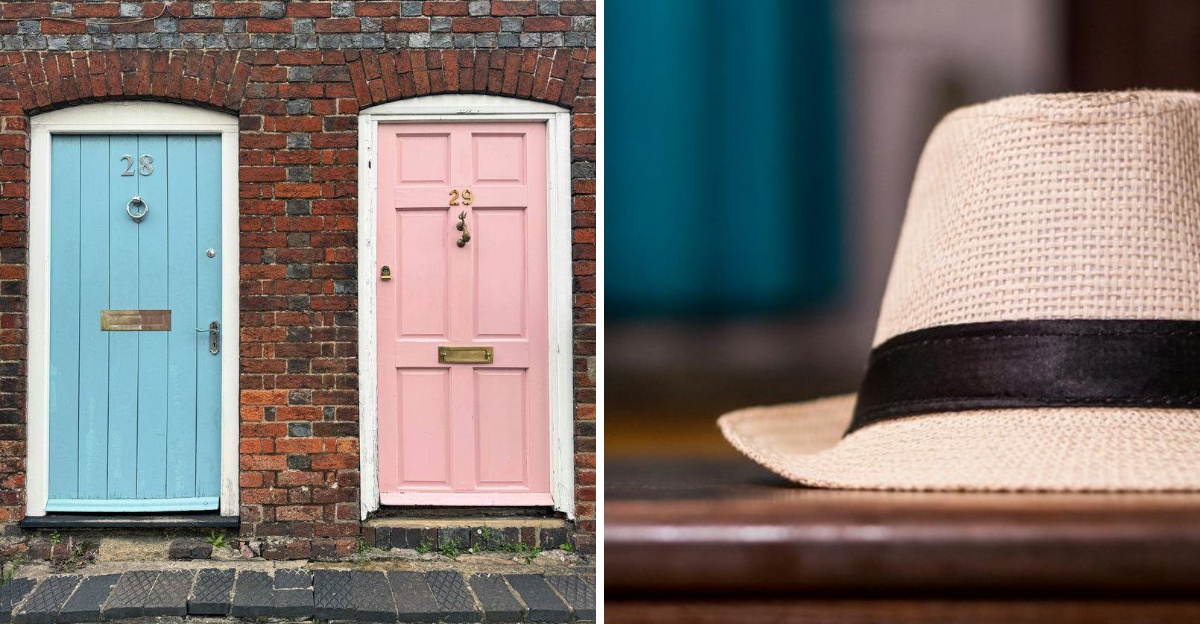20 Everyday Things That Once Felt Normal But Now Scream Luxury
Remember when certain everyday experiences were just part of life? You didn’t think twice about them because everyone had access to the same simple pleasures.
Fast forward to today, and many of those ordinary moments have become rare treats that feel almost extravagant.
1. Road Trips Without GPS, Just Maps And Mixtapes

Back in the day, adventure meant unfolding a massive paper map across your lap while your passenger argued about which exit to take. You’d spend hours creating the perfect mixtape, carefully recording songs off the radio to soundtrack your journey.
Getting lost was part of the fun, not a frustrating inconvenience. Nobody panicked when you missed a turn because spontaneous detours often led to the best memories. Today, that carefree exploration feels like a luxury most people can’t afford to risk.
2. Talking To A Real Person On The Phone
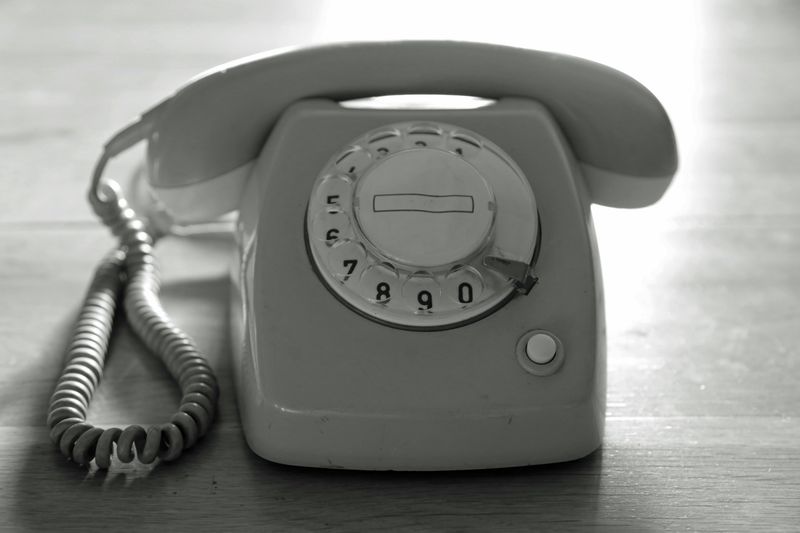
Picking up the phone and actually hearing a human voice on the other end feels almost magical now. Most companies hide behind automated systems and chatbots, making you press endless buttons before maybe reaching someone real.
When you finally connect with an actual person who can solve your problem, it feels like winning the lottery. That immediate, personal connection has become so rare that businesses advertise it as a premium feature.
3. Appliances That Actually Lasted
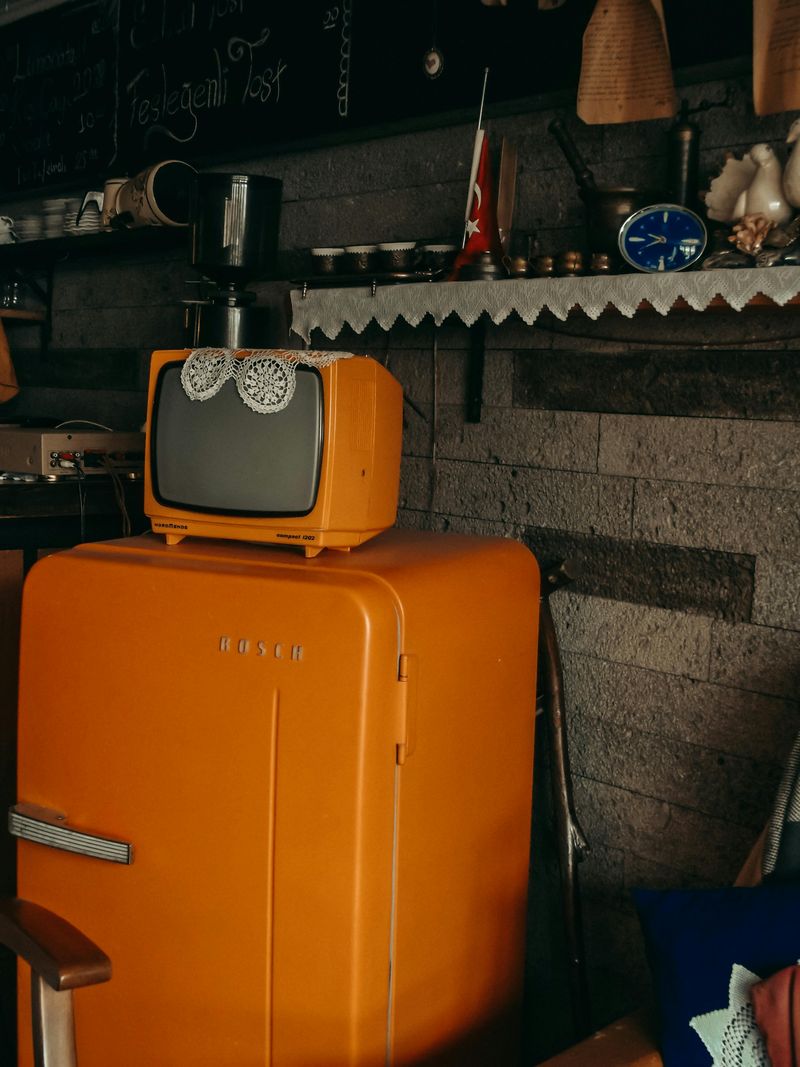
Your grandparents probably still have the same fridge they bought in 1975, humming away like a champion. Modern appliances seem designed to break right after the warranty expires, forcing you into an endless cycle of replacements.
Built-in obsolescence has replaced durability as the manufacturing standard. Owning something that works for more than five years without repairs now feels like hitting the jackpot.
4. Affordable Movie Dates
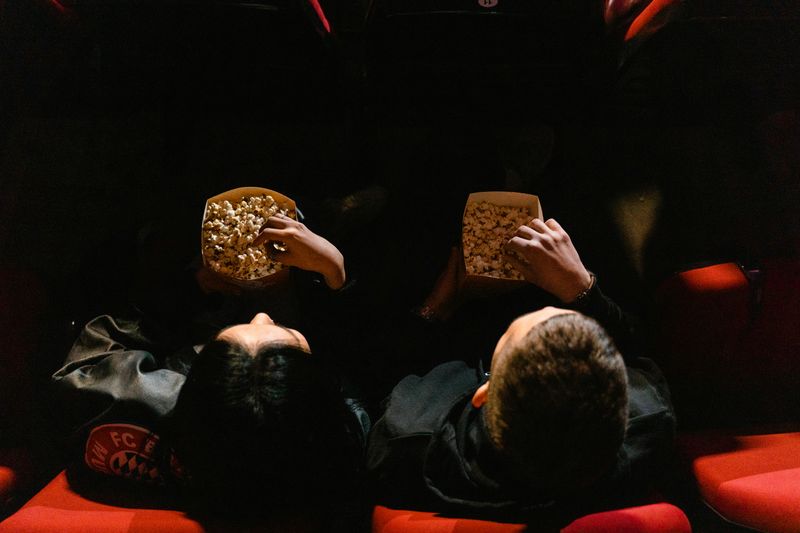
Taking someone to the movies used to be a casual, inexpensive date option that anyone could afford. Now, two tickets plus popcorn and drinks can easily cost more than a nice dinner at a restaurant.
Premium seating, IMAX upcharges, and fifteen-dollar sodas have transformed a simple outing into a budgeting decision. What was once a weekly treat for families has become a special occasion requiring financial planning.
5. Family Dinners Without Phones On The Table
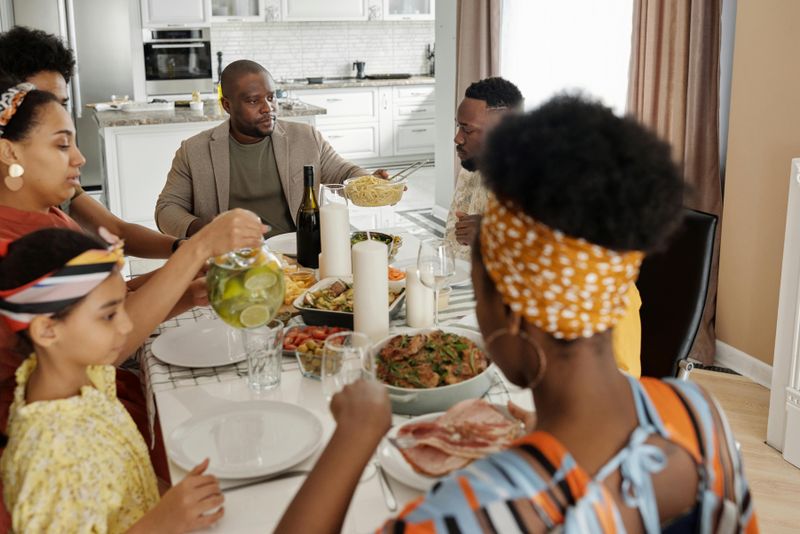
Gathering around the table meant actual conversation, eye contact, and sharing stories from your day. Nobody was scrolling through social media or answering work emails between bites of mashed potatoes.
Undivided attention during meals has become so unusual that restaurants now offer discounts for phone-free dining. Creating that distraction-free zone requires intentional effort and sometimes even results in withdrawal symptoms for the digitally dependent.
6. Dating With Marriage In Mind

Once upon a time, people dated with clear intentions about building a future together. Conversations about commitment happened early, not after years of casual uncertainty and situationships.
Finding someone who actually wants a serious relationship feels like discovering a rare treasure in today’s swipe-right culture. The straightforward approach to romance has been replaced by endless games and fear of defining relationships.
7. Genuine Human Interaction And Simpler Shopping
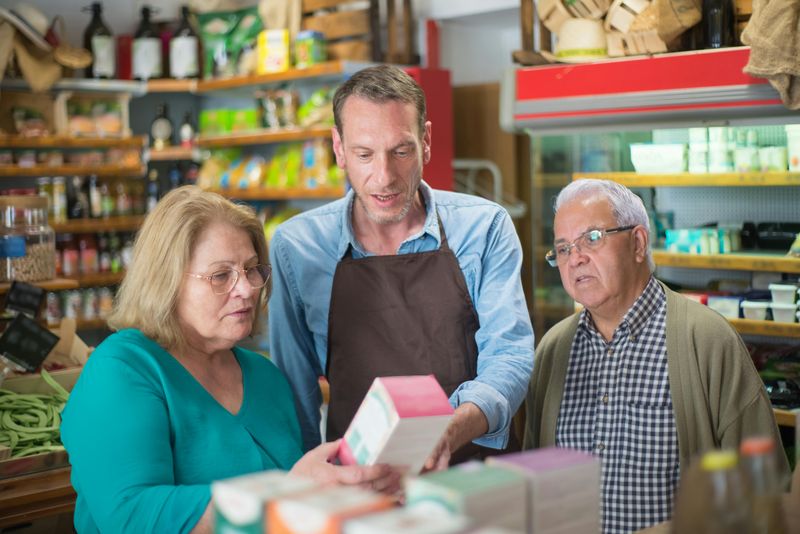
Walking into a store meant chatting with someone who knew your name and remembered what you bought last time. Shopping was a social experience, not just a transaction rushed through self-checkout kiosks.
Salespeople offered genuine help instead of reading scripted pitches. That personalized attention and community connection has largely disappeared, replaced by algorithm-driven recommendations and impersonal online carts.
8. Reading Real Newspapers And Magazines

Starting your day with ink-stained fingers and the rustle of newsprint was a beloved ritual for millions. Magazines arrived in your mailbox like monthly presents, offering hours of uninterrupted reading without pop-up ads.
Physical publications provided curated content from professional editors, not just whatever the algorithm decided you should see. Subscriptions to quality print media now cost enough to make you question whether staying informed is worth the expense.
9. Everyday Kindness Without Online Praise
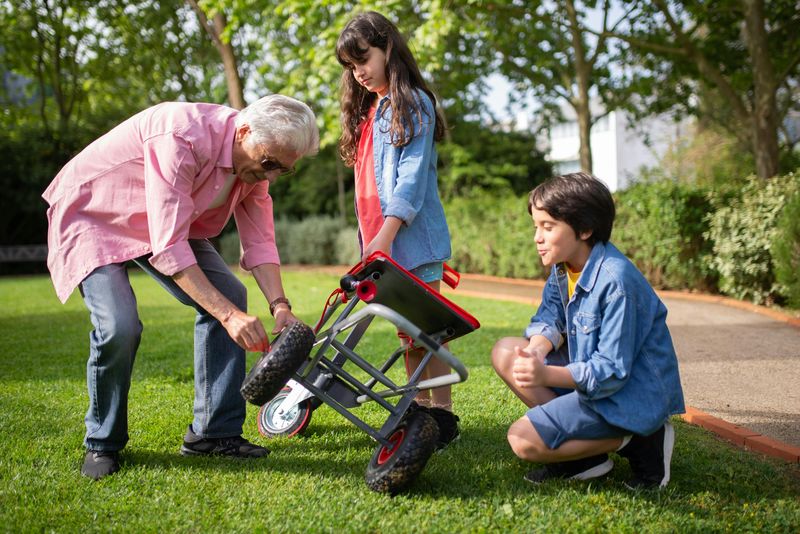
People used to help others simply because it was the right thing to do, not for likes and shares. Acts of generosity happened quietly, without anyone filming for social media clout.
Genuine altruism didn’t require an audience or validation from strangers online. Now, doing something kind without posting about it feels almost wasteful to some people, as if good deeds only count when they’re documented.
10. Valuing Real-Life Connections Over Digital Presence

Friendships were built through actual time spent together, not through comment sections and reaction emojis. Quality mattered more than follower counts, and people invested energy in relationships they could touch.
Making plans meant committing to show up, not tentatively agreeing and canceling last minute. Deep connections formed naturally without the pressure of maintaining a curated online persona alongside your actual personality.
11. Privacy Before Google Searches

Your curiosity and questions remained your own business, not data points harvested by tech companies. Looking up information didn’t create a permanent digital footprint that advertisers would exploit forever.
Encyclopedia volumes and library research kept your interests private. Today, every search becomes part of your profile, sold and resold to anyone willing to pay for access to your digital shadow.
12. Salon Visits As A Regular Treat
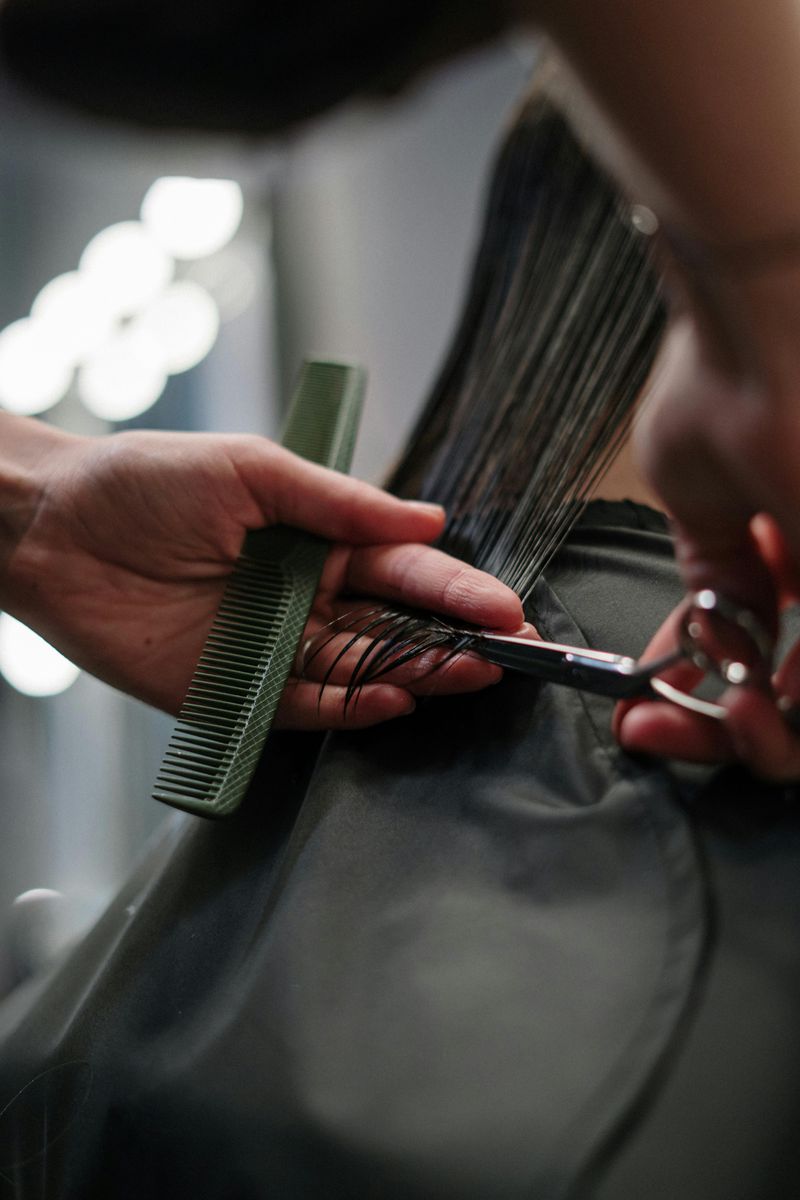
Getting your hair done used to be a weekly or monthly treat that didn’t require taking out a small loan. Salons were neighborhood gathering spots where reasonable prices made regular visits possible for everyone.
Now, a simple cut and color can cost hundreds of dollars, forcing many people to stretch appointments or DIY at home. Professional beauty care has shifted from routine self-care to luxury splurge territory.
13. Handwritten Notes

Receiving mail meant finding actual letters from people who took time to put pen to paper. Birthday cards arrived with personalized messages, not generic text blasts sent to everyone simultaneously.
Handwriting revealed personality and effort in ways typed messages never could. Taking time to write something by hand now signals extraordinary thoughtfulness, when it used to be the only option available.
14. Full-Service Gas Stations

Pulling up to a pump meant someone would fill your tank, check your oil, and clean your windshield without extra charges. You stayed warm in winter while an attendant handled everything outside.
That convenience has nearly vanished, except in a few states where it’s still required by law. Most drivers now pump their own gas in all weather conditions, making full service feel like royal treatment.
15. Saturday Morning Cartoons And Cereal Bliss
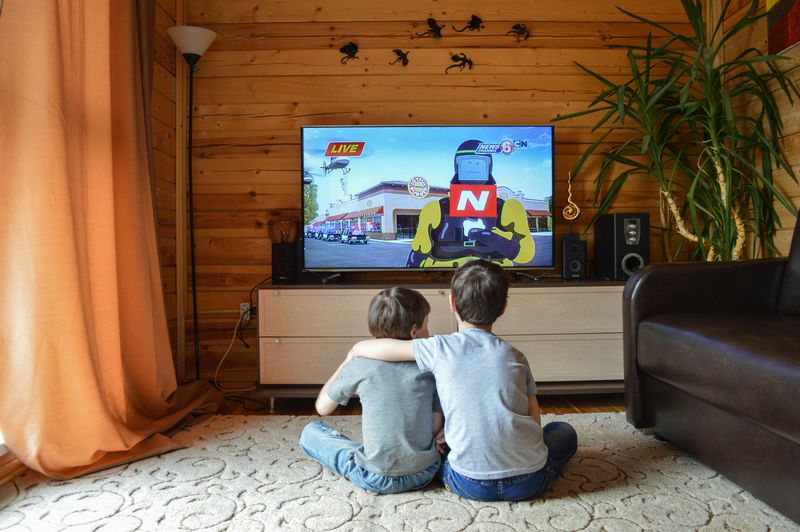
Waking up early on weekends meant rushing to catch your favorite shows during that magical cartoon block. You’d pour a giant bowl of sugary cereal and settle in for hours of uninterrupted entertainment.
Networks created special programming just for kids, making Saturdays feel like a weekly celebration. Streaming killed that anticipation and communal experience, replacing scheduled joy with endless on-demand options that somehow feel less special.
16. Kids Playing Outside Unsupervised
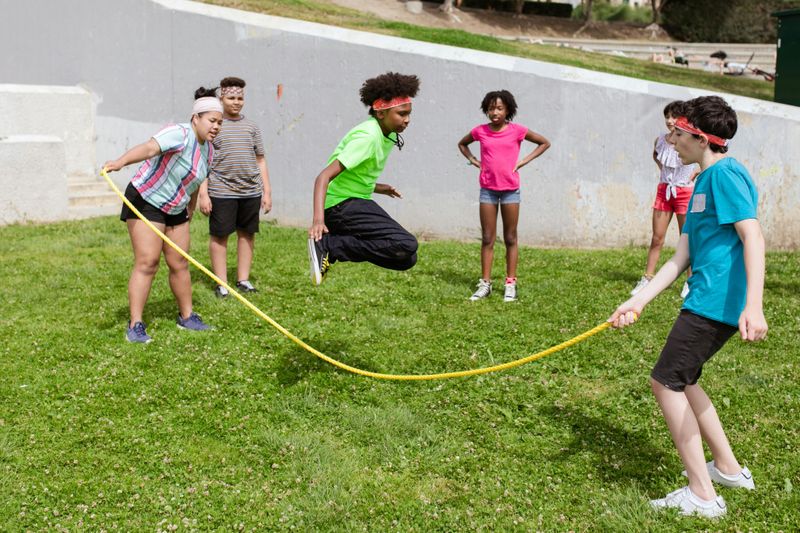
Children used to disappear outside after breakfast and return when streetlights came on, no questions asked. Parents didn’t track every movement or schedule every minute of free time.
Neighborhood kids created their own adventures, building forts and inventing games without adult supervision. Today, letting children roam freely can result in concerned calls to authorities, making independent outdoor play feel dangerously bold.
17. Microwaves That Survived Decades
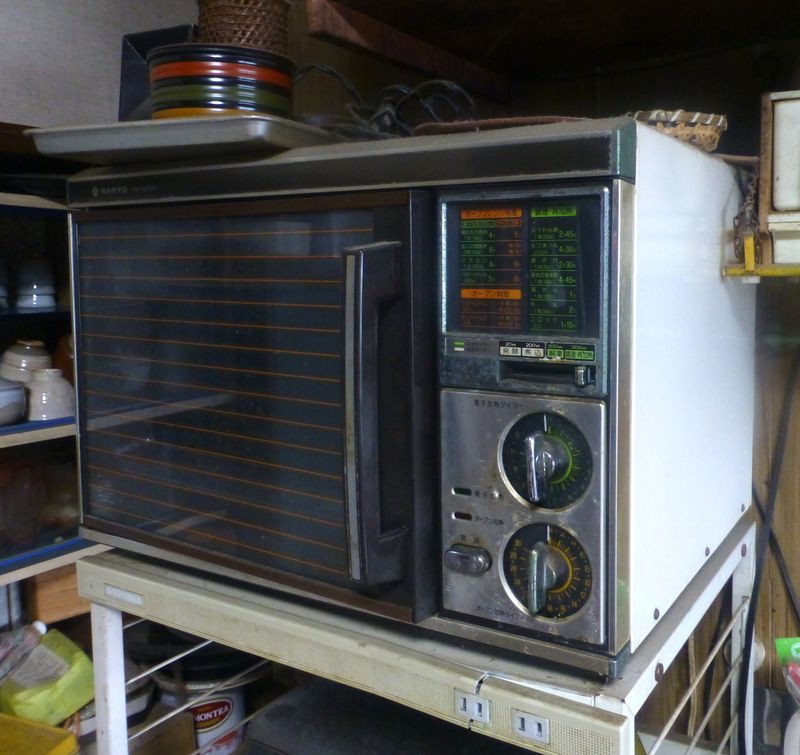
That bulky microwave your mom bought in 1983 probably still works perfectly, heating leftovers without complaint. Modern versions break after a few years, their fancy digital displays failing long before the heating element.
Manufacturers once built things to last forever, creating appliances that became family heirlooms. Owning a microwave that survives more than five years now deserves celebration and maybe a commemorative plaque.
18. Learning From Textbooks And Writing By Hand

Education meant heavy backpacks full of actual books and notebooks filled with handwritten notes. Learning required focus and retention, not just copying and pasting from Wikipedia
Writing by hand helped information stick in your brain better than typing ever could. Schools that still prioritize traditional learning methods without constant screen time are now considered progressive or even radical.
19. Affordable Secondhand Shopping
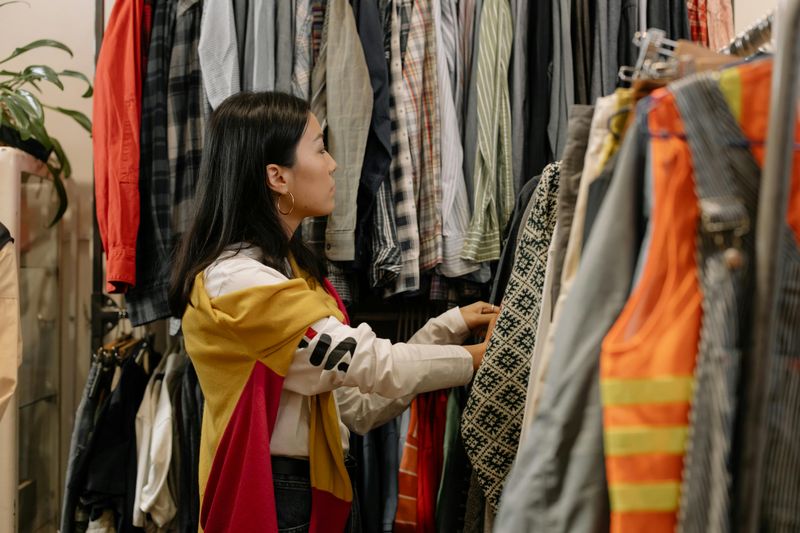
Thrift stores used to be treasure troves where you could find quality items for pocket change. Shopping secondhand was budget-friendly and eco-conscious before it became trendy and overpriced.
Now, resellers have driven up prices, and vintage shops charge premium rates for used goods. Finding genuinely affordable secondhand clothing requires luck and dedication that most people simply don’t have time for.
20. Life Without Cell Phone Cameras

Experiencing moments meant actually being present instead of viewing life through a screen. Concerts, vacations, and special events happened without constant documentation for social media approval.
Memories lived in your mind and maybe a few carefully chosen photographs, not thousands of digital files you’ll never look at again. Living without the pressure to capture everything feels like a radical luxury in our oversharing world.

